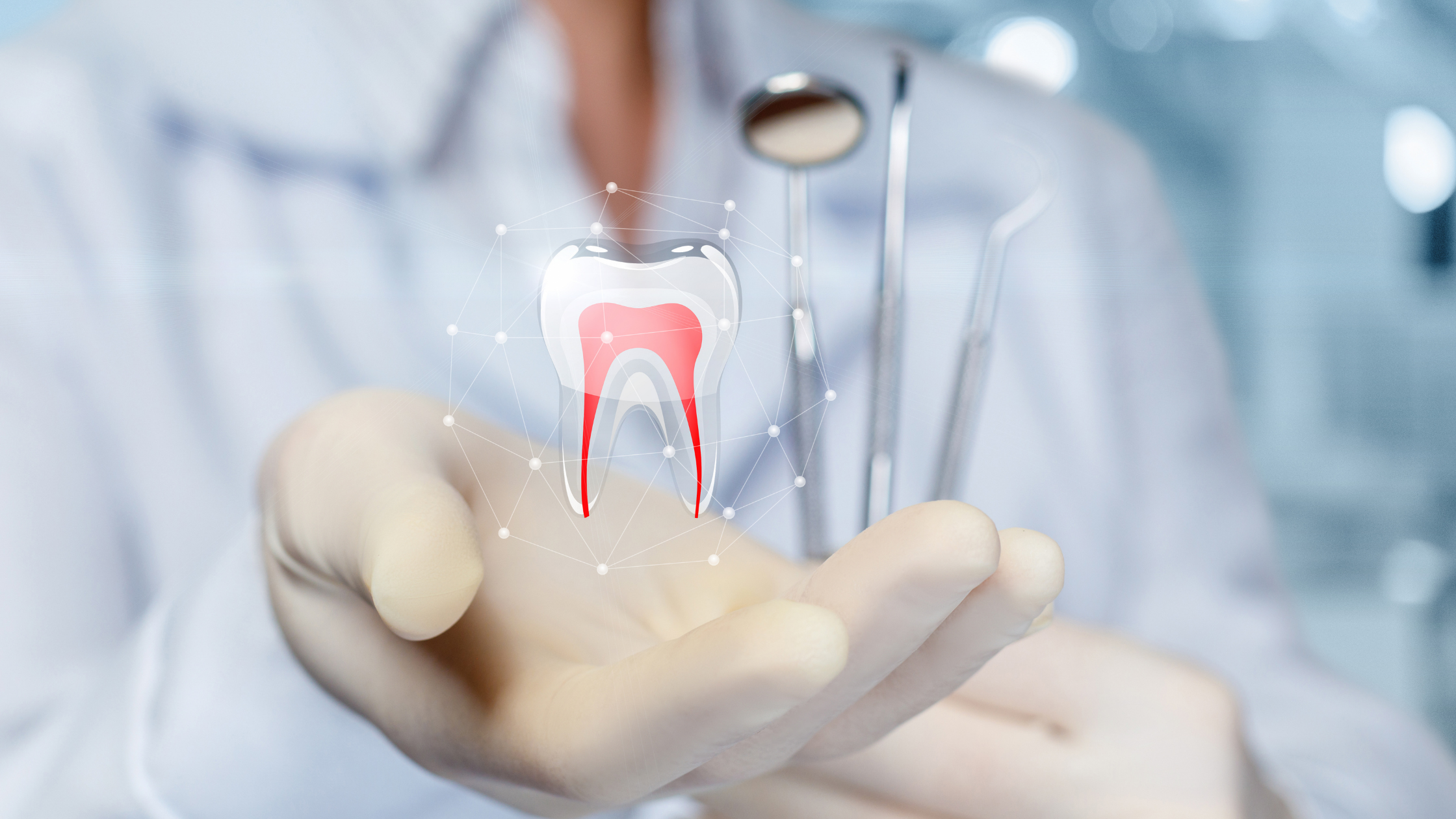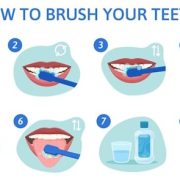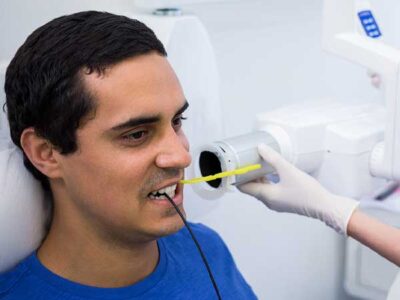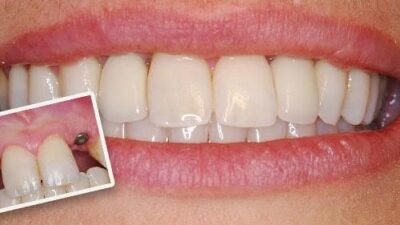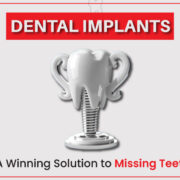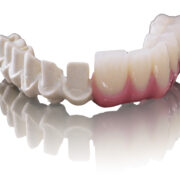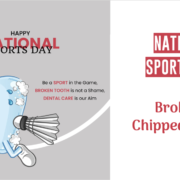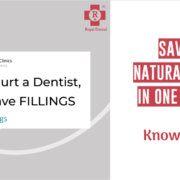India’s dentistry field is changing rapidly in 2024! New technology, healthcare updates, and what people want from dentists are all driving this big shift. Dentistry in India has always been improving, and now it’s focusing on even better oral health for everyone in the country.
In recent years, more people in India have money to spare and care more about their teeth. This means there’s a bigger demand for new treatments and a focus on preventing dental problems instead of just fixing them later. This shift is creating new opportunities for dentists but also challenges they need to address.
Looking ahead, dentistry in India in 2024 is on an exciting path. New computer tools will be used more in dentistry, and some dental care might even be done remotely over video calls. There will also be a renewed focus on preventing dental problems, especially in children, and making sure everyone has access to dental care, regardless of background.
This article will explore the upcoming trends and exciting possibilities that are shaping the future scope of dentistry in India. It will look at the forces that are changing how dentistry is done and how to make sure oral health is a right that everyone has, not just a privilege for a few. Get ready for a journey to see what dentistry will be like in India, where new technology meets helping people, and every smile means good health, happiness, and hope!
What is Dentistry
Dentistry is the branch of medicine that focuses on the study, diagnosis, prevention, and treatment of disorders related to the oral cavity, the teeth, the gums, and the jaw bones. The oral cavity is the part of the human body that includes the teeth, the gums, the hard palate, and the soft palate. The teeth make up the most important part of the oral cavity, providing a place for chewing food, aiding in digestion, and improving the aesthetic appeal of the face. The gums are the soft tissues around the teeth that help them stay in place and heal properly when injured.
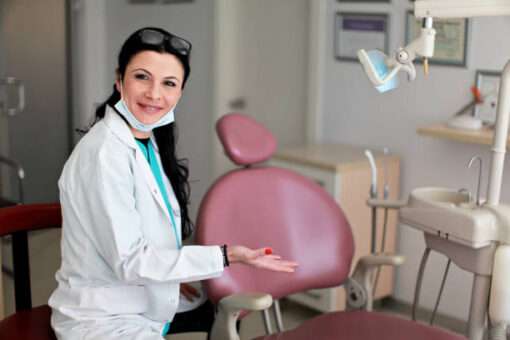
The jaw bones protect the teeth and make it possible to speak clearly and chew food properly. The mouth is home to millions of bacteria that are essential for good health. There are, however, many harmful types of bacteria that can lead to oral diseases. These diseases can be prevented with proper oral hygiene and timely visits to the dentist.
Types of Dental Specialists
- Orthodontics:
Orthodontics deals with the diagnosis, prevention, and correction of malocclusions (improper bites) and misaligned teeth. Orthodontists use braces, clear aligners, and other orthodontic appliances to straighten teeth, correct jaw alignment, and improve overall dental function and aesthetics. - Periodontics:
Periodontics focuses on the prevention, diagnosis, and treatment of diseases affecting the gums and supporting structures of the teeth, including periodontal disease (gum disease) and gingivitis. Periodontists perform procedures such as scaling and root planing, gum grafting, and dental implant placement to restore periodontal health and function. - Endodontics:
Endodontics involves the diagnosis and treatment of diseases and injuries affecting the dental pulp (the innermost part of the tooth) and surrounding tissues. Endodontists perform root canal therapy, root canal retreatment, and other procedures to save infected or damaged teeth and alleviate associated pain. - Oral and Maxillofacial Surgery:
Oral and maxillofacial surgery is a surgical specialty that deals with the diagnosis and treatment of diseases, injuries, and defects affecting the mouth, jaws, face, and neck. Oral surgeons perform a wide range of procedures, including tooth extractions, jaw surgery, dental implant placement, and corrective jaw surgery (orthognathic surgery). - Prosthodontics:
Prosthodontics focuses on the restoration and replacement of missing teeth and oral structures. Prosthodontists specialize in the design, fabrication, and fitting of dental prostheses, including crowns, bridges, dentures, and dental implants, to restore function, aesthetics, and oral health. - Pediatric Dentistry:
Pediatric dentistry, also known as pedodontics, is dedicated to the oral health care of children from infancy through adolescence. Pediatric dentists specialize in providing preventive and therapeutic dental care tailored to the unique needs of pediatric patients, including dental exams, cleanings, fluoride treatments, and dental sealants. - Cosmetic Dentistry:
Cosmetic dentistry focuses on enhancing the appearance of the teeth, gums, and smile. Cosmetic dentists offer a variety of elective procedures to improve dental aesthetics, including teeth whitening, porcelain veneers, dental bonding, and gum contouring, to achieve a more attractive and confident smile. - Oral Pathology:
Oral pathology involves the diagnosis and management of diseases and conditions affecting the oral and maxillofacial region. Oral pathologists specialize in the identification of oral lesions, oral cancer screening, and the management of oral manifestations of systemic diseases.
Future Scope of Dentistry in 2024
- Preventive Dentistry: There is a greater emphasis on preventive dentistry as a means of promoting oral health and preventing dental diseases. Dentists are focusing on patient education, regular screenings, fluoride treatments, dental sealants, and preventive interventions to help patients maintain optimal oral health and prevent the onset of dental problems.
- Patient-Centered Care: Patient expectations are evolving, with an increasing demand for personalized, holistic, and patient-centered dental care experiences. Dentists are adopting patient-centric approaches, involving patients in treatment decisions, addressing their concerns and preferences, and providing comprehensive care that encompasses not only dental health but also aesthetic and functional aspects.
- Digital Dentistry: Digital dentistry is revolutionizing various aspects of dental practice, from diagnosis and treatment planning to fabrication of dental restorations. Digital impressions, computer-aided design (CAD), computer-aided manufacturing (CAM), and intraoral scanners are becoming standard tools in dental clinics, offering greater accuracy, efficiency, and customization in treatment delivery.
- Global Best Practices Adoption: Dentistry in India is increasingly aligning with global best practices, standards, and guidelines to ensure quality, safety, and efficacy of dental care. Dentists are staying updated with the latest advancements, participating in continuing education programs, and adhering to professional standards to deliver high-quality care that meets international benchmarks.
Technological Advancements in Dental Technology
Digital Radiography: Digital radiography has replaced traditional X-rays, allowing dentists to produce high-quality images with less radiation exposure. The images are also available immediately, and they can be easily shared with other healthcare professionals.
Intraoral Cameras: Intraoral cameras allow dentists to take high-resolution images of a patient’s teeth and gums. These images help dentists to detect dental problems at an early stage and educate patients about their oral health.
CAD/CAM Technology: Computer-aided design/Computer-Aided Manufacturing (CAD/CAM) technology allows dentists to create and produce dental restorations like crowns, bridges, and veneers in the office. This eliminates the need for multiple appointments and temporary restorations.
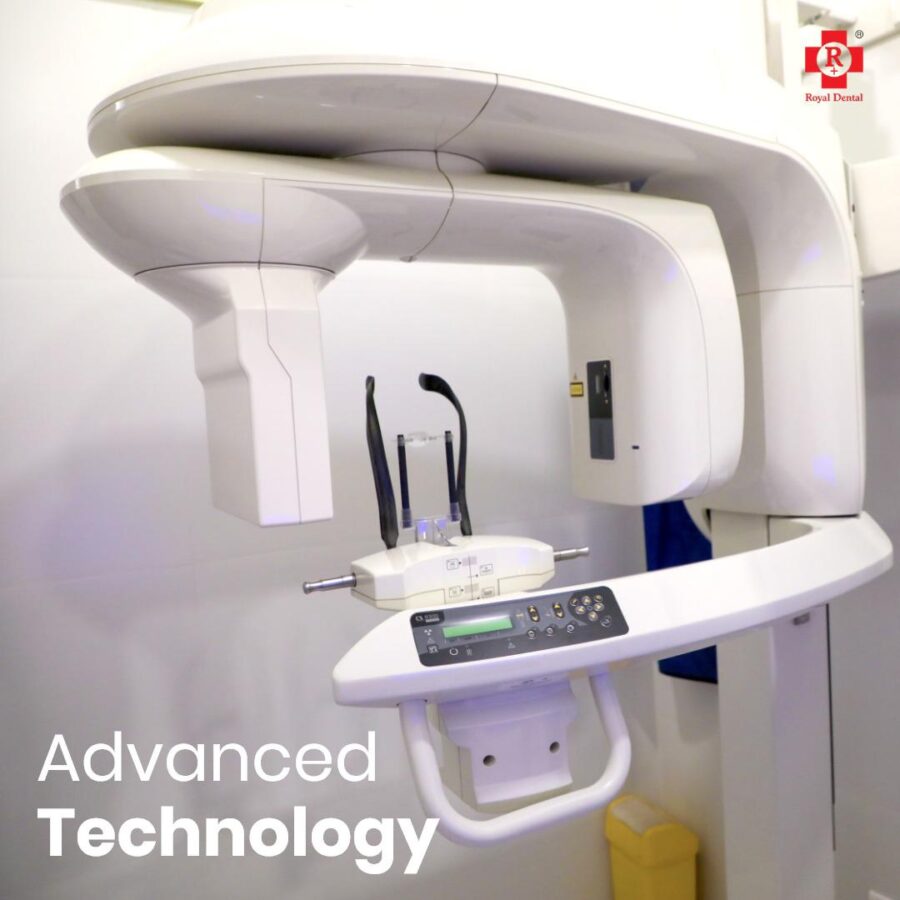
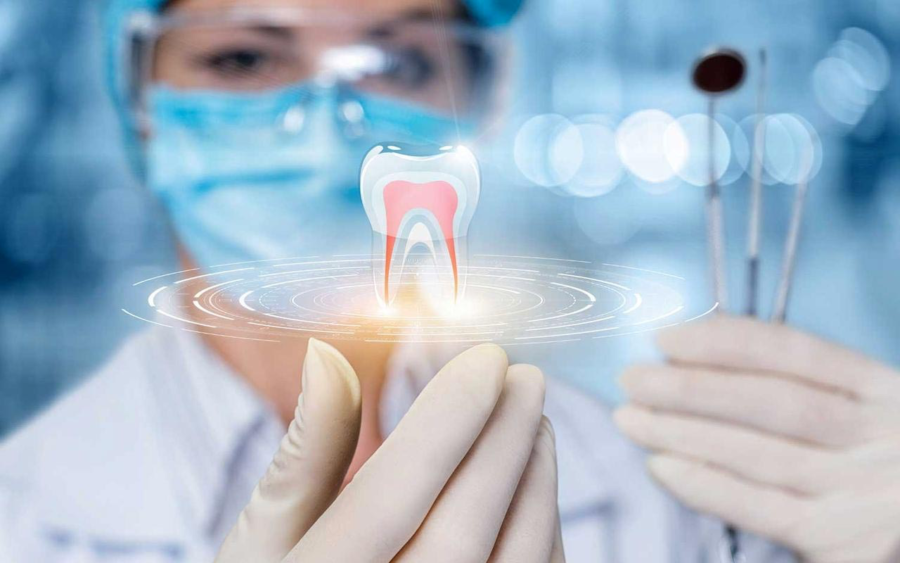
Laser Dentistry: Laser dentistry is a minimally invasive technique that can be used for a variety of dental procedures, including gum disease treatment, cavity detection, and teeth whitening.
Cone Beam CT: Cone Beam CT is a 3D imaging technology that provides detailed images of a patient’s teeth, jawbone, and soft tissues. It allows dentists to plan and perform complex dental procedures with greater accuracy and precision.
Digital Impressions: Digital impressions use advanced scanning technology to create a 3D model of a patient’s teeth, eliminating the need for traditional putty impressions.
Virtual Reality: Virtual reality technology is being used to help patients overcome dental anxiety by providing distraction and relaxation techniques during dental procedures.
Increasing Demand for Dentists
Because the importance of dental health is becoming increasingly recognized, more people are seeking out dental services. This is leading to an increase in the demand for dental services, which will bring more patients to dentists. As the population ages, there will be an increased demand for dental care.
Dental care is expected to become more accessible in the future, as technologies such as virtual and augmented reality are making it easier for dental professionals to reach patients. Advances in dental technologies also allow dental professionals to provide more services, such as preventive care, emergency care, and dental implants.
Aging Population and Dental Care
As the population ages, the demand for dental care will increase, as more people use dental services and need specialized care. Aging people are more likely to experience oral health issues, such as gum disease and tooth loss, and thus, they may require more dental services to maintain oral health. As people age, they are also more likely to have dental insurance and utilize care. This can be attributed to the fact that people in the older generation are less likely to have dental insurance than younger generations.

As the older population continues to increase, there will be an increased need for dental care. This will bring more patients to dentists, increasing both the quantity and quality of services offered. Furthermore, advances in dental technologies are also allowing dental professionals to provide more services, such as preventive care, and emergency care.
The Future of Dentistry
- The future of dentistry will most likely focus on providing more accessible care. Advances in technology are allowing dental professionals to provide more services remotely, treatment plans, and even dental extractions.
- New technologies are opening the door to virtual and augmented reality, allowing dental professionals to interact with patients without ever having to meet in person. These virtual technologies are expected to increase in the future, as they are more cost-effective and convenient than in-person visits.
3. As the population ages, the need for care will increase, and dental professionals will have to find new ways to meet this growing demand without overworking their existing resources.
4. Additionally, more people are expected to have insurance as the economy grows and general living conditions improve. More people will be able to access dental care, and the future of dentistry will include more preventive services to promote oral health.
Conclusion
In conclusion, the future scope of dentistry in India in 2024 is characterized by innovation, accessibility, and a commitment to holistic patient care. By embracing digital technologies, expanding specialized services, promoting preventive dentistry, and addressing oral health inequalities, Indian dental professionals can lead the way in shaping a brighter and healthier future for oral health in the nation.
© All rights reserved by Royal Dental Implants Pvt Ltd Issued in the public interest
Follow Us For More Updates
